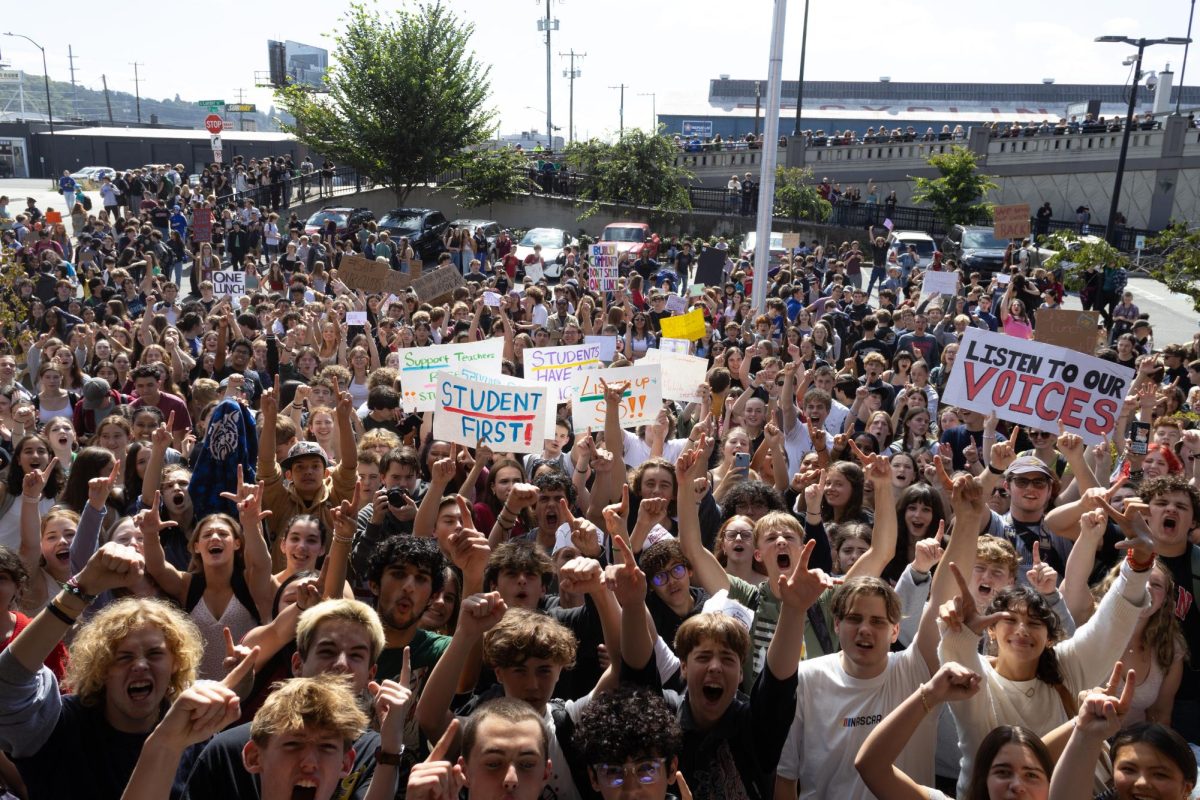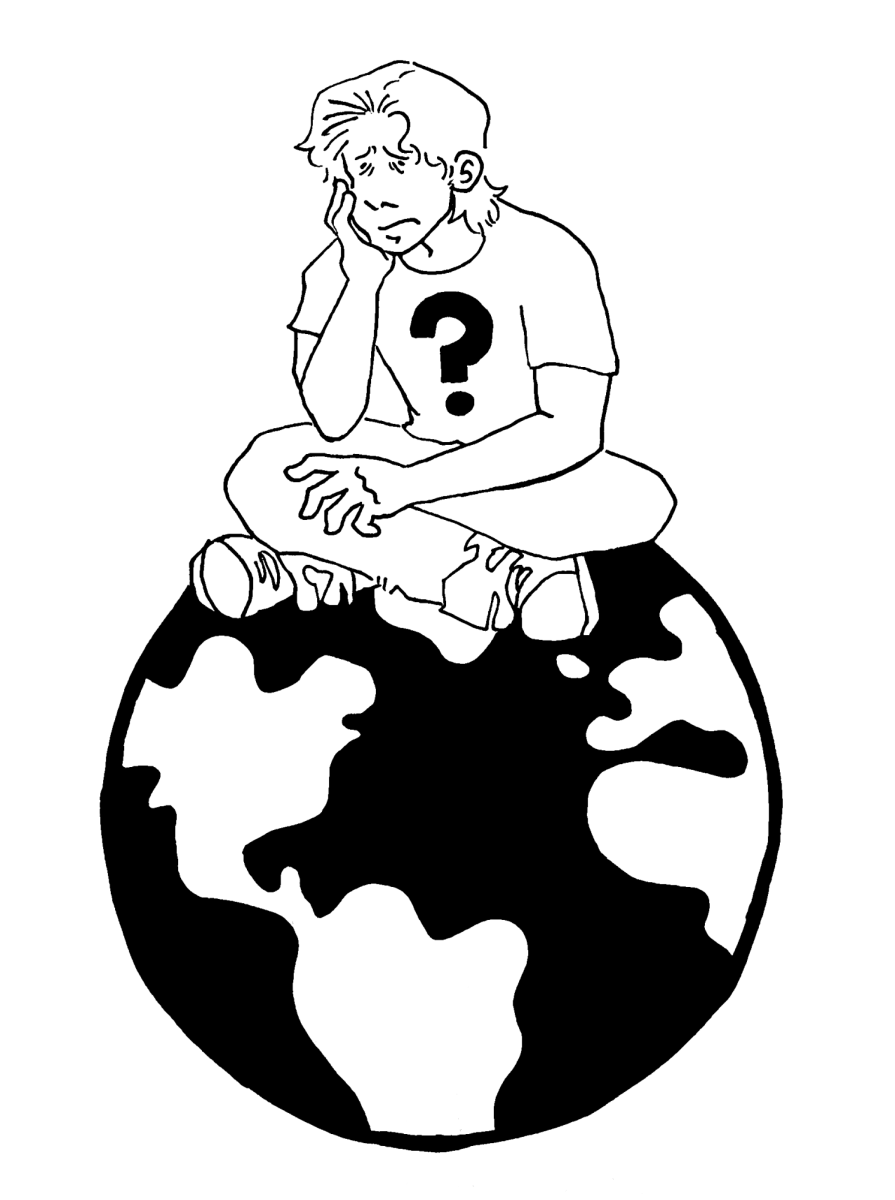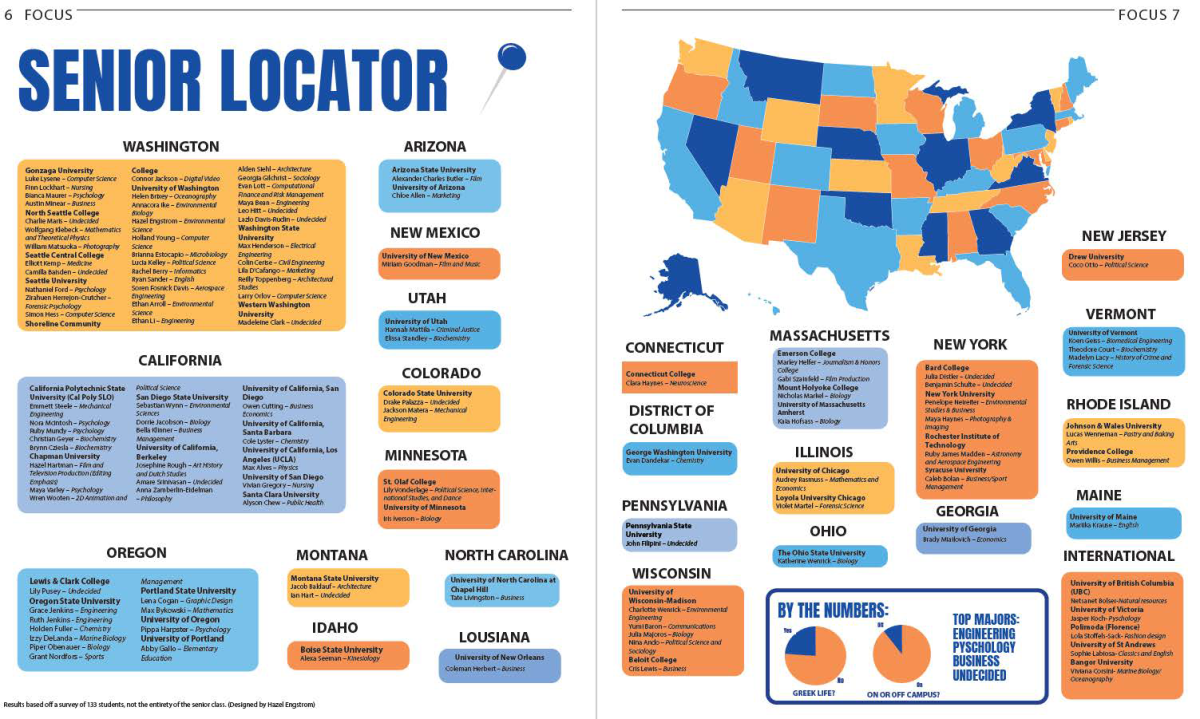There are endless versions and accounts of former President John F. Kennedy’s assassination, and almost none of them agree on anything. The only thing they all have in common, is they all don’t believe in the official story. JFK’s murder inspired countless conspiracy theories accusing different entities of being the real perpetrator; ranging from the C.I.A., the mafia or communist spies.
So when President Trump declassified more than 77 thousand federal files detailing the president’s murder, many expected clear answers to their questions. These expectations turned to disappointment as experts tried to decipher the hodgepodge of CIA operations, FBI profiles and blacked out files the Trump Administration had released.
President Kennedy’s murder is one of the greatest conspiracies in American history, with the largest debate being the true culprit. A majority of Americans don’t believe the man that was arrested, Lee Harvey Oswald, was the killer. A 2023 Gallup poll found that 65% of Americans either believe Oswald didn’t act alone, or wasn’t behind the murder entirely.
Although the number of Americans who believe in a conspiracy is lower than it has been historically, there was a four percent increase compared to Gallup’s same poll in 2013. This rise has been heavily allied by online personalities, especially those in right leaning circles. In that same poll, conservatives were 16% more likely to answer that foul play was involved in Kennedy’s murder.
Conspiracy circles surrounding a famously liberal president’s murder leaning conservative may seem odd, but the C.I.A. is the biggest suspect for many. Led by President Trump, conservatives have capitalized on alleged government involvement as another battle in the president’s crusade against the Washington establishment.
While conspiracies involving the U.S. government have long floated in public dialogue, never has the idea been propelled by major political figures, at least not openly, until the Trump administration.
This turnaround has been highlighted by Secretary of Human Health and Services Robert F. Kennedy Jr, who also serves as a close advisor to President Trump, and is the nephew of former President Kennedy. He has propelled skepticism about the official story surrounding his uncle’s death. RFK Jr. went so far to say that “there’s overwhelming evidence that the C.I.A. was involved in his murder” and “it’s beyond a reasonable doubt at this point” concerning foul play.
President Trump had vowed to release documents relating to the Kennedy Assassination during his first term in office and succeeded to some degree; releasing a little under 38 thousand documents in April of 2018. However, this would prove insignificant compared to the president’s latest work declassifying over 77 thousand documents or 80 thousand pages relating to the assassination. Although, some three thousand pages remain archived.
Lee Harvey Oswald
Most coverage on the released files has been focused on Oswald himself, and his new background. While previously the C.I.A. stated they were unaware of Oswald before the Kennedy Assassination, new information shows that Oswald was being profiled by the U.S. government going as far back as 190. In 1960, Oswald defected from the U.S. and stayed in the Soviet Union or modern Russia.
When Oswald returned to the U.S. the CIA continued to survey his life including his travels to Mexico City in 1963 when was arrested in a street brawl. His phone lines and mail were both monitored by the CIA even up until the assassination. While the CIA lying to the press isn’t historically new, the agency’s immunity to law was proved even further.
On June 22, 1958 then CIA Counterintelligence chief James Angleton reported “two or three hundred CIA employees are exclusively engaged” in monitoring U.S. mail going into the Soviet Union. “Approximately 250 thousand names by [the] CIA” were being actively tracked. The agency’s mail activity went so far that by 1961, 200,000 items transported to and from the U.S. and Soviet Union were being screened. Among these screened items were, of course, Oswald’s mail.
In another document, the CIA openly describes their process for mailing doctored letters primarily from third world countries to influence their politics. Clandestine operations such as these, were a part of the agency’s open feud with President Kennedy.
The former president openly complained on several occasions about the CIA, especially regarding the agency’s failures surrounding the Bay of Pigs invasion of Cuba. Among statements frustrated about the CIA’s role in foreign diplomacy, President Kennedy had even theorized a potential breakup of the agency. Although this wasn’t carried out, the released documents imply the former president’s relationship with the CIA was at best distant.
The CIA’s relationship with the former president was continuously strained throughout his administration. President Kennedy had forced out then CIA Director John McCone after the previously mentioned Bay of Pigs invasion, which could have contributed to anti Kennedy beliefs within the agency.
It’s alleged that some CIA operatives believed President Kennedy was weak on communism, particularly due to his pacifist stance on nuclear arms. Joint with the president’s civil rights action, many in the department saw him as a threat to U.S. national security. Some pundit’s on the assassination have pointed to these internal conflicts as potential evidence the agency was in some way involved in JFK’s murder.
Public reception to these documents has revitalized interest into the former president’s murder and the world of cold war politics as a whole. However, few are satisfied with the new information.
While no document significantly changed the official story that Oswald acted alone, there are more than enough pieces to draw conclusions. Oswald’s trip to the Soviet Union, CIA monitoring his mail and JFK’s own troubled relationship to the agency have casted even more public doubt on the official story.























